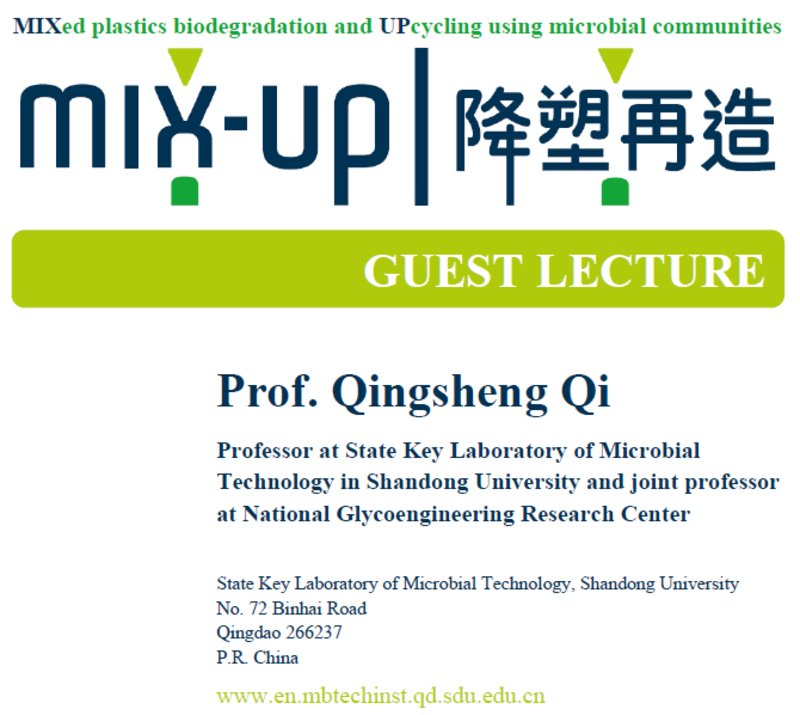The global market for plastics continues to grow due to their physical properties and benefits such as light weight, reduction of food waste, durability and cost. After being used, waste plastics cause environmental contamination through the production of CO2 or due to plastics reaching water courses and the sea where they persist and become toxic for the whole food chain.
China has issued many rules for utilizing the plastics and encourage to produce and use biodegradable plastics. Meanwhile, many research projects have been issued to investigate the possible degradation of waste plastics and to produce biodegradable plastics.
We have previously set up many metabolic pathways to produce polyhydroxyalkanoates (PHA), a kind of biodegradable plastics, from bacteria. To obtain higher carbon yields, we recently constructed a carbon conservation pathway named EP-bifido pathway by breaking down sugar phosphates into theoretical maximum amount of acetyl-CoA from glucose with considering redox equivalents for different products. The engineered EP-bifido strains showed greatly improved PHB yield (from 26.0 mol% to 63.7 mol%) during the biosynthesis of PHB. The CO2 release during fermentation also significantly reduced compared with the control strains.
We also explored the possibility to use terephthalic acid (TPA) as substrate to produce PHB, which enabled the reuse of degradation product of PET to biodegradable plastics.
Announcement! Guest Lecture in February!
We are happy to welcome our friend Prof. Qingsheng Qi for a guest lecture on Degradation of waste plastic and production of biodegradable plastics on Friday, 5th of February 2021, at 10 a.m. (UTC+1)


